Getting Your Commercial Kitchen Up and Running
August 29, 2019Getting your commercial kitchen up and running.
Serving Ware
If there’s nothing to serve the food on, there’s no restaurant. You’ll need tons of cutlery, plate ware, bowls, ramekins, cups, and glasses. Consider the number of tables you can fit in your restaurant and how many guests you hope to serve every night when factoring in how much to buy. Consider breakage – in the chaotic environment of commercial kitchens; it’s not uncommon to lose a plate or glass every few shifts.
Cooking Equipment for Your Commercial Kitchen
Consider what tools you’d need to execute your entire menu in one shift. Pots of all sizes, sauté pans, tasting spoons, mixing spoons, sheet pans, whisks, fish spatulas, ladles, bowls of all sizes, squeeze bottles, bench scrapers – the list goes on and varies widely depending on the type of food you want to make. You’ll also need more of each item than you expect.
Safety Equipment and Your Commercial Kitchen
Make sure your kitchen has proper safety equipment. A well-stocked first aid or medical emergency kit is crucial in a commercial kitchen that runs on fire and knives. Check your local fire department guidelines before purchasing fire, safety, or sanitation equipment, and avoid potential complications by always keeping your kitchen up to fire code standards.
Commercial Kitchen Freezers and Refrigerators
All commercial kitchens require a refrigeration system of some type. Without a fridge, you can’t keep the ingredients and prepared foods fresh. Freezers are also crucial for inventory management because it’s much more cost-effective to buy 300 steaks and freeze them than to buy ten steaks every day.
Industrial-grade refrigeration units are designed to meet the unique needs of the food industry. For example, they can cool large pots of sauce to a safe temperature in record time, so they’re a crucial purchase for any food handling operation. You’ll have to decide between reach-in units and walk-in units.
Make sure to seek professional help for installation and that you know how to properly maintain your unit, as they can be costly to repair.
Food Preparation Counters and Cutting Boards
Prep tables, counters, and cutting surfaces are essential to any commercial kitchen and come in various sizes. Choose preparation surfaces made of stainless steel, sturdy against corrosion, doesn’t absorb bacteria from food or meat and can withstand the harsh cleaning products used in commercial kitchens. On the line, you’ll want food prep counters that have small refrigerators underneath them for easy access to food prepped for each station.
As for cutting surfaces, choose either plastic or wooden cutting boards. Plastic boards are more comfortable to sanitize but can develop deep grooves that can hide bacteria. Wooden boards are generally tougher to clean than plastic ones but don’t develop grooves as quickly.
Ranges and Ventilation
If your restaurant plans on making anything but salad, you’ll need a kitchen range. The range is the powerhouse of the kitchen, so it’s essential to choose one that meets both your cooking needs. Like residential ranges, commercial units can be either gas or electric. If you’d prefer a visual, responsive cooking experience, go for a gas range.
Gas ranges make it easier to judge heat levels and change from high to low settings much faster than their electric counterparts. Alternatively, electric ranges have smooth, elegant, easy-to-clean designs and come in three sub-categories.
Standard electric ranges use coils to heat food, whereas you cook directly on the flat surface of smooth-top electric ranges. Electric induction ranges employ magnetic coils beneath a ceramic glass top to generate heat, but they require unique magnetic cookware to work.
Ovens
Most ranges come outfitted with an oven. If your operation centers around baked goods, it may be in your best interest to purchase a range with a convection oven setting. Unlike regular ovens, convection ovens have a fan and exhaust system that blow hot air around the food. They are a great appliance for roasting, toasting, making pies and cookies, or dehydrating.
Sinks
Sinks are vital to any kitchen because they provide running water as well as space for handwashing, cleaning produce, defrosting frozen meat under running water, or washing the occasional cooking utensil as needed.
Health and safety authorities typically require commercial kitchens to install a triple-sink wash station and a commercial dishwashing machine, as well as a dedicated handwashing sink.
Catering to Generation Z
As time marches on, we continue to have new generations arising behind the ones we’ve already named. Most recently everyone has been focused on Millennials, whose tech-savvy and focus on experiences over things have shifted the face of every industry. Now, there’s a...
4 Ways to Keep Your Restaurant Employees Engaged
You can have everything you need to run an amazing restaurant – a great menu, incredible chef, the best location, perfect pricing, and top-of-the-line kitchen equipment. But even with all of that, you won’t succeed if your employees are disengaged and unprofessional....
Kitchen Fun : Food and the Oscars
Hollywood’s biggest night was February 24th, 2019, and was it ever a show. There were stars, glitz, glamour, and amazing outfits everywhere. There were also cameras catching every moment, from the red carpet to the after-parties. What happened at the show and after...
4 Keys to Successful Commercial Kitchen Design
If you’re opening a new restaurant or renovating your existing kitchen, you probably already have some ideas about how it should look. However, it’s important to look beyond your own ideas and understand the keys to good design in general. This will help you...
Bring Together Your Back and Front of House
Does your restaurant feel like a simmering battle between the back of house (BOH) and front of house (FOH)? Or do both units get along famously? If your restaurant is like many, you find yourself somewhere in the middle. Rarely do you have an all-out war, but...
Commercial Kitchen Fun: Cooking With Mustard
One of the things that make owning a restaurant so fun is the ability to be creative with your menu. With the help of your chef and cooks, you can come up with some really fun dishes to serve. To get your imagination going, we’re going to share some fun dishes that...
Drive Traffic to Your Restaurant From Instagram
You have a lot of restaurant equipment that you need to make your location run smoothly. You might think about your point-of-sale system, refrigeration units, cooking equipment, and more. But what about Instagram? That’s right, a social media platform can be one of...
Handling Theft in Your Convenience Store
Running a convenience store is challenging to say the least. You need to staff it, but not with too many people. Then again, too few and you have a lot of problems – including theft. There are three groups that can be responsible for product and money loss in your...
Kitchen Equipment Spotlight: How Clean is Your Coffee Pot?
If you were going to rank kitchen equipment based on how much work it does, the humble coffee pot has to be near the top. In almost every restaurant, people order coffee with their meal or dessert. The problem is that because the coffee pot is working so hard, it...
Should You Add a Food Truck to Your Restaurant?
If your restaurant is doing well, you might be thinking about opening a second location. After all, that’s usually the next step when it’s time to expand, right? Before you jump in, though, consider another option. Maybe having a food truck would be a better choice....
Kitchen Equipment Spotlight: How to Maintain a Commercial Freezer
Your commercial freezer can be a lifeline for your restaurant. Safe food storage is vital, and a high-quality freezer is essential kitchen equipment. However, a freezer is only as good as the maintenance that goes into it. Without proper care, your freezer will become...
Take Advantage of Your Customer’s Technology
Some restaurant owners hate seeing customers snapping photos of food – it means that the food isn’t eaten at its best, and sometimes it’s a sign of a table that’s going to be slow to turn over. Then there are other owners and managers who see an opportunity. The truth...
How to Reduce Turnover at Your Restaurant
Having the right employees can make or break your restaurant. You can have the best food and kitchen supplies, but tension in the back of the house can cause delays, poor morale, and even the loss of key staff. You can have a beautiful dining room, but surly wait...
Should Your Commercial Kitchen Consider Catering?
As a business owner, it’s important to always be looking for new ways to grow your business. There are a lot of ways to do this, and one of the most common for many restaurants is catering. Of course, catering changes how your commercial kitchen runs a lot of the...
Why Your Restaurant Needs an App
We know, you’re a restaurant owner, not a developer or programmer. Let other people worry about apps, you just want to run your restaurant! The truth is if you want to have a successful establishment, you have to take advantage of the technology that brings people in....
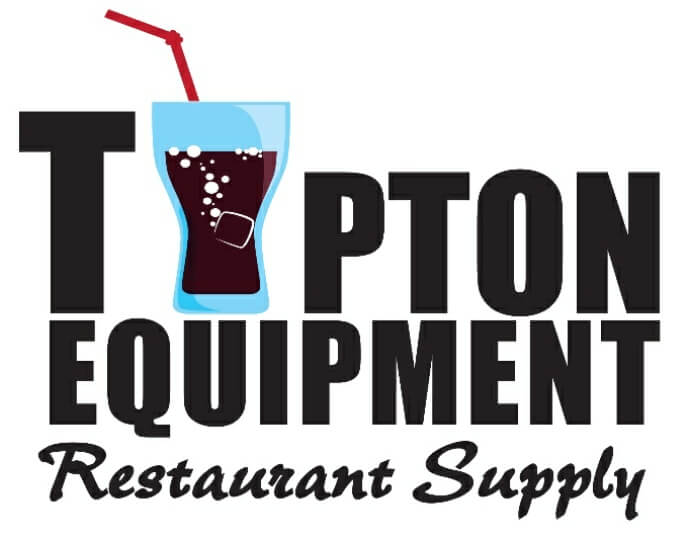
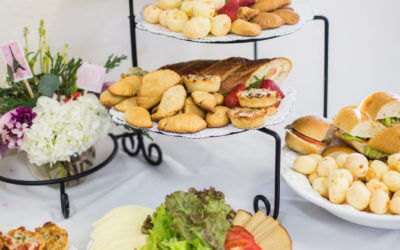
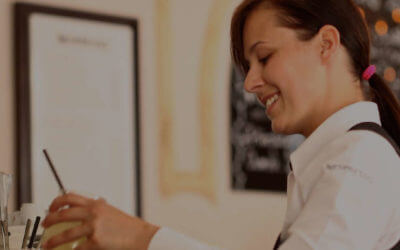

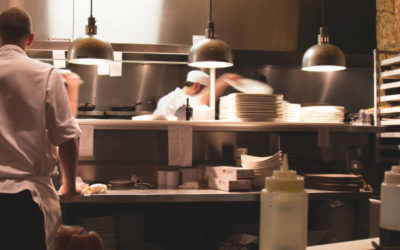
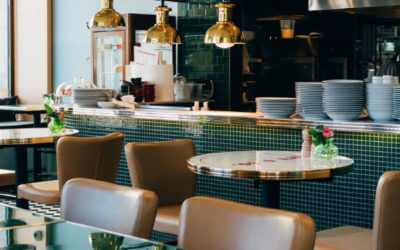


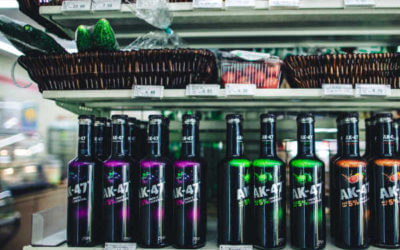

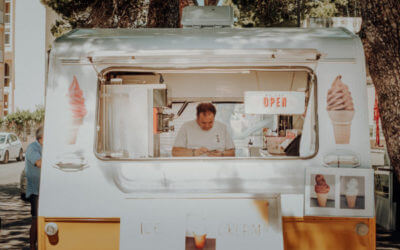
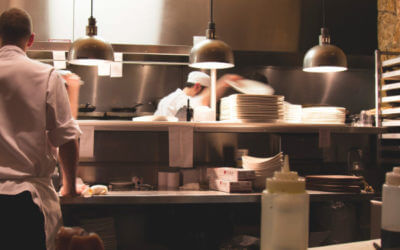

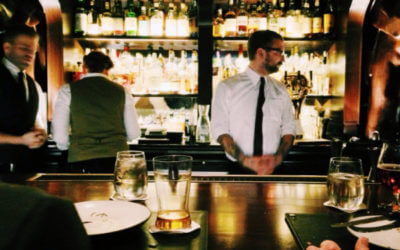
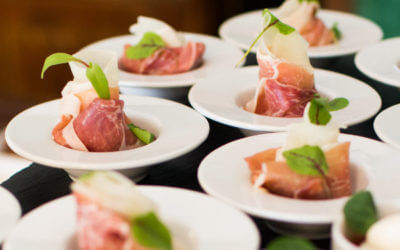

Ensuring adequate tableware is essential for any restaurant, but equally important is having reliable commercial food processing equipment to handle high-volume food preparation. With a fast-paced kitchen environment, investing in durable equipment can streamline operations, reduce downtime, and meet customer demands efficiently, helping restaurants serve quality meals without delays or setbacks in service.